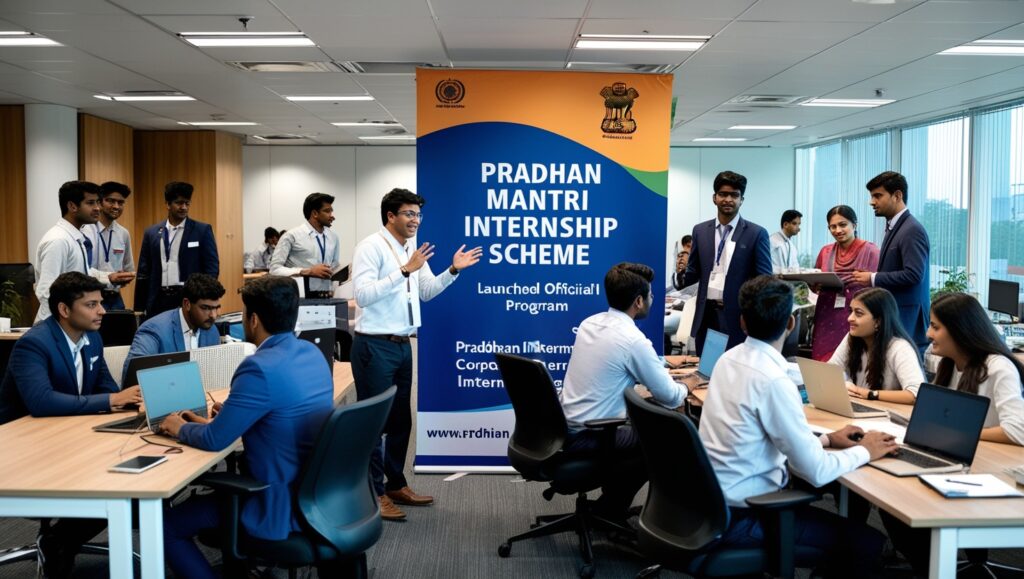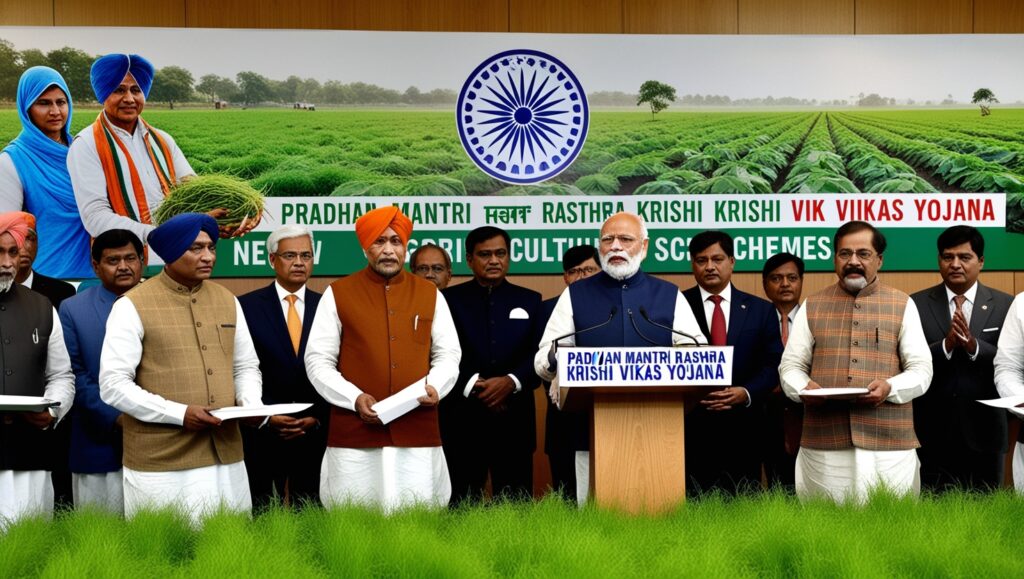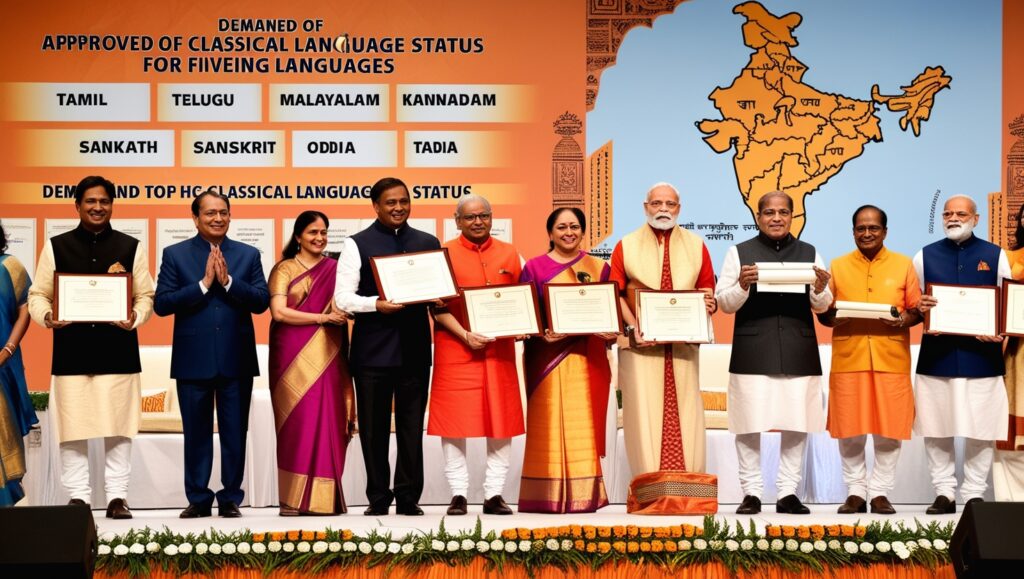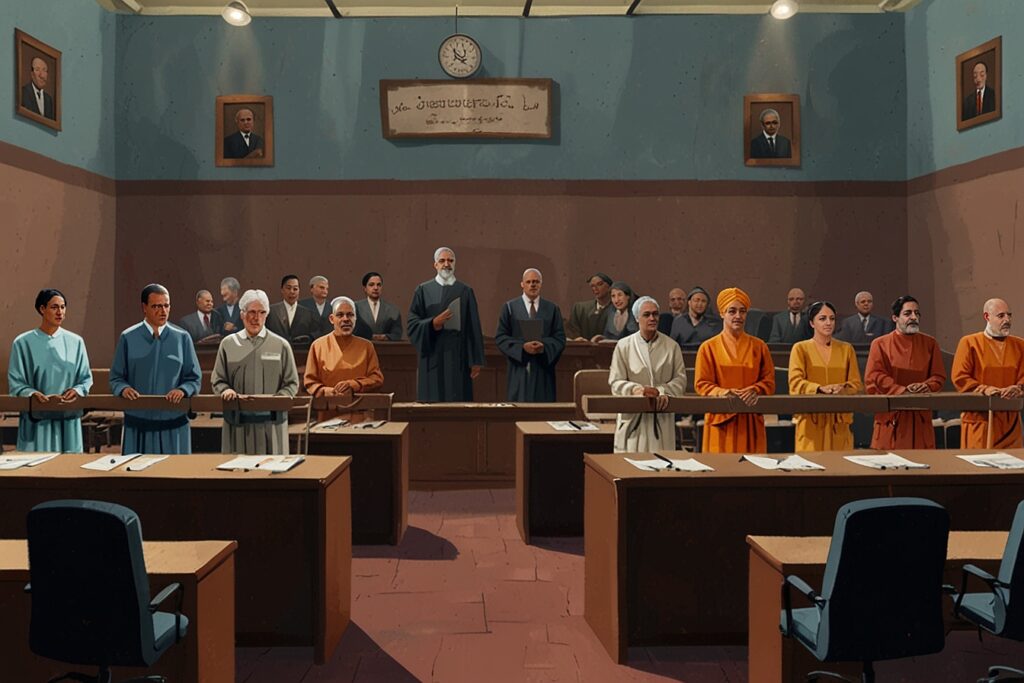
History of 8th October
- 1932: Indian factory was built.
- 1936: Famous Hindi story writer and novelist Munshi Premchand passed away.
- 2004: Indian Museum Monsanto’s patent was cancelled.
- 1990: Indian freedom fighter, writer, journalist and freedom fighter Kamalapati Tripathi passed away.
- 1965: London’s 481 feet high-tech tower opened. It was the tallest building in England at that time.
SEBI Introduces New Framework for Stock Market Regulation

SEBI has introduced a new framework to prevent excessive speculation in the stock market. This framework will be implemented in a phased manner starting November 20. It includes six major changes in the index derivative trading framework, with the contract size increased from Rs 5 lakh to Rs 15 lakh, marking the first amendment in nine years. Key measures include increasing margin requirements and making the advance collection of option premium from buyers mandatory.
Launch of Pilot Phase of Pradhan Mantri Internship Scheme

The government has launched the pilot phase of the Pradhan Mantri Internship Scheme, aimed at providing 1.25 lakh internships during the financial year 2024-2025. Top 500 companies of India are participating in the scheme, which was announced during the 2024-2025 Budget. The scheme aims to create 1 crore internship opportunities for youth in the next five years, targeting top companies.
India’s Current Account Deficit Widened Marginally

India’s current account deficit widened to $9.8 billion in Q1 FY25, compared to $8.9 billion in the same period a year ago. The increase is mainly due to a rise in the merchandise trade deficit. India recorded a current account surplus of $4.6 billion in Q4 FY24, but the merchandise trade deficit widened to $65.1 billion in the reporting quarter from $56.7 billion in the year-ago quarter.
India Joins the International Energy Efficiency Hub

The Cabinet approved India’s decision to join the International Energy Efficiency Hub, a strategic move in line with India’s commitment to promoting sustainable development and reducing greenhouse gas emissions through global cooperation. The Hub was established in 2020 as a successor to the International Partnership for Energy Efficiency Cooperation and aims to bring together governments, organizations, and private sector institutions to collaborate on energy efficiency.
Union Cabinet Merges Central Agricultural Schemes

The Union Cabinet has decided to merge all central agricultural schemes into two new schemes: Pradhan Mantri Rashtra Krishi Vikas Yojana and Krishi Vikas Yojana. The estimated cost of these new schemes is Rs 1,01,321.61 crore. States will contribute Rs 32,232.63 crore, while the central government will provide Rs 69,088.98 crore. An amount of Rs 57,074.72 crore has been set aside for PM RKVY, which aims to promote sustainable agricultural practices.
Conference on Maritime Decarbonisation Hosted by Ministry and ADB

The Ministry of Ports, Shipping and Waterways, in collaboration with the Asian Development Bank, co-hosted the Conference on Maritime Decarbonisation in India. 200 delegates discussed the future of green shipping and port operations. The conference focused on India’s vision of achieving net zero carbon emissions by 2070. Key issues discussed included green port infrastructure, clean port craft, and the use of zero-carbon fuels.
Union Cabinet Approves Classical Language Status for Five Languages

The Union Cabinet has approved granting classical language status to five languages. There has been a demand for granting classical language status to Marathi since 2013. Currently, there are six classical languages in India: Tamil, Telugu, Malayalam, Kannada, Sanskrit, and Odia. Tamil was the first language to receive classical status in 2004, followed by Sanskrit in 2005.
Supreme Court Condemns Caste-Based Discrimination in Prisons

The Supreme Court ruled that caste-based discrimination and segregation of prisoners within the Indian prison system are oppressive and violate fundamental human dignity and personal liberty. It also condemned the treatment of prisoners from non-notified tribes as habitual offenders and called for reforms within the prison system. The court directed the government to amend the prison manual within three months to address these issues.








Leave a Reply